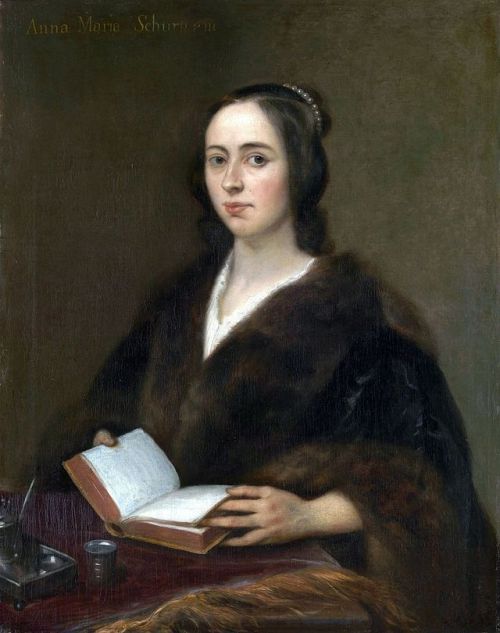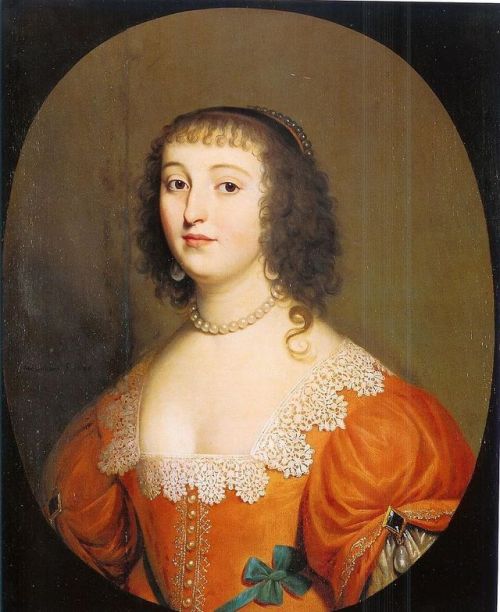everythingieverloved: Women’s Education - Elisabeth of the Palatinate & Anna Maria van
everythingieverloved: Women’s Education - Elisabeth of the Palatinate & Anna Maria van Schurmann Princess Elizabeth had made herself into a scholar of note. Even the French doctor admitted it. “Wonders were told of this rare personage; it was said, that to the knowledge of strange tongues she added that of abstruse sciences; that she was not to be satisfied with the mere pedantic terms of scholastic lore, but would dive down to the clearest comprehension of things; that she had the sharpest wit and most solid judgement…that she liked surgical experiments, and caused dissections to be made before her eyes… her beauty and her carriage were really those of a heroine,“ he revealed. Reports of the princess’s intellectual accomplishments were in no way hyperbole. Nor was she the only woman in Holland to have succeeded in infiltrating the heretofore almost exclusively male world of scholarship… Anna Maria [van Schurmann] was a prodigy. She was a gifted artist and singer as well as a voracious reader and formidable intellect. She had been taught Latin and Greek as a child by her father, who early recognized her abilities and encouraged her studies. Later, the rector of the University of Utrecht, impressed by her education, allowed her to attend lectures (although she was required to sit separably from the rest of the all male class, in a small alcove shielded by curtains) and personally instructed her in Hebrew and theology. “Desire for knowledge absorbed me,” she confessed simply. Eleven years older than Princess Elizabeth, Anna Maria had already mastered Ethiopian and produced a grammar as a study guide for others, and was renowned throughout Europe for the publication of a Latin treatise in defense of women’s higher education. “My deep regard for learning, my conviction that equal justice is the right of all, impel me to protest against the theory which would allow only a minority of my sex to attain to what is, in the opinion of all men, most worth having,” she wrote in 1637 in a letter to an eminent theologian, explaining her motivation in writing the pamphlet. “For since wisdom is admitted to be the crown of human achievement, and is within every man’s right to aim at in proportion to his opportunities, I cannot see why a young girl in who we admit a desire of self-improvement should not be encouraged to acquire the best that life affords,” she concluded. As for Princess Elizabeth, it would not be an exaggeration to say that the friendship she shared with Descartes… was the most precious relationship of her life. To have secured the regard and affection of such a man, to have earned it through her own efforts*, to be esteemed for who she was on the inside and not for her title, breeding, or connections - this was a source of great solace. “Daughters of the Winter Queen: Four Remarkable Sisters, the Crown of Bohemia, and the Enduring Legacy of Mary, Queen of Scots,” Nancy Goldstone *Elizabeth solved a lulu that Descartes sent her, with no expectation that she would be able to solve it, as he was the only person who had ever solved it. -- source link
Tumblr Blog : everythingieverloved.tumblr.com

